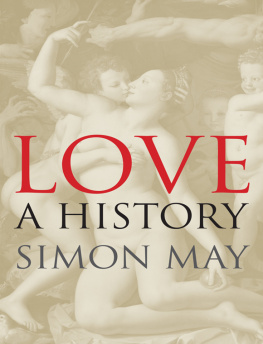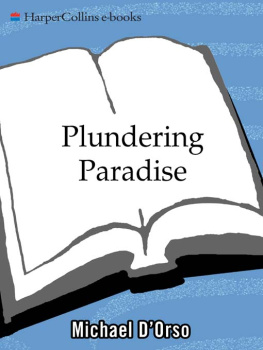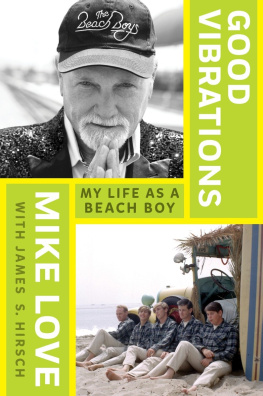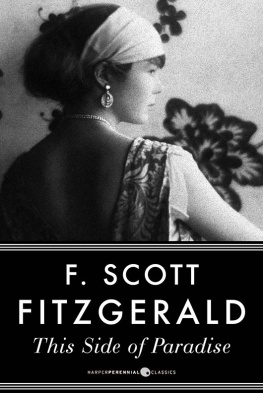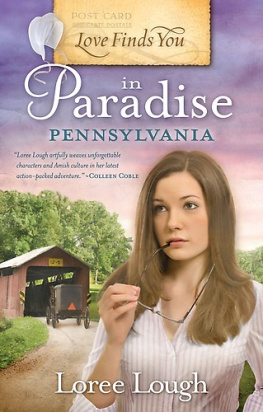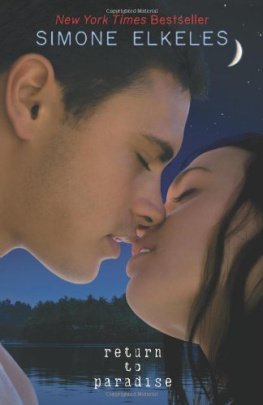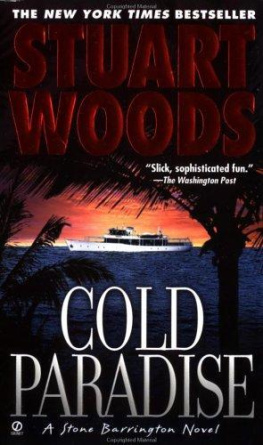The Love Beach
SCANNED BY BILL
Leslie Thomas was born in South Wales in 1931 and when his parents died, he and his younger brother were brought up in an orphanage. His first book, This Time Next Week, is the autobiography of a happy orphan. Aged sixteen, he became a reporter on a weekly newspaper in Essex and then did his National Service in Malaya during the Communist bandit war. T he Virgin Soldiers tells of these days; it was an immediate bestseller and has been made into a film with Lynn Redgrave and Hywel Bennett. Onward Virgin Soldiers, the followup to this, is also published by Pan Books.
Returning to civilian life, Leslie Thomas joined the staff of the Evening News becoming a top feature writer and travelling a great deal. His second novel, Orange Wednesday, was published in 1967. For nine months during 1967 he travelled around ten islands off the coast of Britain, the result of which was a lyrical travelogue, Some Lovely lslands. from which the BBC did a television series. He has continued to travel a great deal and has also written several television plays. He is a director of a London publishing house. His hobbies include golf. antiques and Queen's Park Rangers Football Club.
His other books include Come to the War, His Lordship. Onward Virgin Soldiers, Arthur McCann and All His Women, The Man With the Power, Tropic of Ruislip, Stand Up Virgin Soldiers, Dangerous D avies, and Bare Nell.
Also by Leslie Thomas in Pan Books His Lordship The Virgin Soldiers Orange Wednesday Come to the War This Time Next Week Onward Virgin Soldiers Stand Up Virgin Soldiers Tropic of Ruislip Arthur McCann and All His Women The Man With the Power Dangerous Davies: The Last Detective Bare Nell Ormerod's Landing That Old Gang of Mine Some Lovely Islands
Lesile Thomas
The Love Beach
Pan Books London and Sydney
To
VINCENT MULCHRONE
who first gave me the notion
to go to the South Seas
'Young girls in groups of eight or ten, dancing a very indecent dance ... singing the most indecent songs and using most indecent actions in the practice of which they are brought up from the earliest childhood. In doing this they keep time to a great nicety.'
Captain Cook's Journals in the South Seas
One
There was a bulky bird of some sort, an albatross or an eagle or that variety of thing, Conway thought, trailing the mast. It followed the knob at the top of the mast everywhere, dipping with it, swaying with it as the ship swayed with the moving sea, trying to kiss it with its beak but ever that couple of inches short. He's really trying, Conway thought: trying, but not quite hard enough. Just holding something back in his wings as if he knew that the moment he got his beak to the mast all he would get would be a mouthful of splinters.
Conway genuinely did not know whether it was an albatross or an eagle and he didn't care. He knew nothing about birds. It could have been a great swollen sparrow for all he worried. It had come to his attention only because he was on his back on the desk and his face was pointing in that direction.
Apart from the bird, the mast, and the great liquid sun there was nothing in the sky. The Melanesian boys had washed the deck down only five minutes before, and he had been annoyed because he had to move then, but the boards were white and dry as stale bread now. Conway was wearing only a pair of stained and faded khaki shorts. He had a wide chest, and he could feel the skin under the hairs burning from the sun.
Davies, dark and small enough not to have to stoop as he came up and out from under the hood of the companionway, almost furtively, and stepped on to the deck. He was wearing grey flannel trousers, white shirt, tennis shoes, and socks. He had been sizzled pink by the sun in half an hour the day before.
Near Conway's head squatted a sagging lifeboat, welded with rust to her foundations, nesting in ropes and tackle,
looking as permanent and fixed as anything on the ship. More fixed than the funnel.
Davies had a Welsh voice. It was the low Welsh, not the high, piping note. But it still annoyed the Australian Conway. 'I heard them swilling the deck,' Davies said, conversationally. He carefully chose and sat in the blot of shade provided by the lifeboat. 'Did they make you move today?'
'Aw, I moved anyway,' muttered Conway, still looking at the albatross or eagle. He wondered whether he wanted to know the identity of the bird sufficiently to bother to ask Davies. He thought he didn't. 'Yesterday I wouldn't move and the fuzzy wuzzies got shirty, then the old man got shirty, so today I saved myself trouble and I moved. I can't be bothered with bother.'
Davies said: 'Years ago when I was on a troopship...'
Conway said: 'What were you in?'
'South Wales Borderers.'
He saw Conway screw up his eyes.
He said defensively: 'Eight VCs in one battle.'
'Did you get one?' asked Conway casually.
'It was in the Zulu War,' said Davies. 'That's when they got them.
'He looked uncertainly at Conway, who was looking down at his own chest. Then he said:
'On this troopship they asked for Welshmen to report to the entertainments officer. And we thought we had to sing. But they made us peel hundreds of stinking leeks.'
Conway blew his nose with his finger and thumb which nevertheless remained dry. He regarded them with some surprise. Then he said: 'Well then?'
'What?'
'About this troopship. It wasn't about the leeks was it?'
Davies stared. It was very hot. 'Oh no,' he remembered. 'No, it was about washing down the decks. At night, it was so hot that we used to sleep on deck...'
'That's a new idea, 'muttered Conway.
'Yes, and the first night I slept right next to the bell, the one they ring for six and eight bells and all that, and they banged it just when I had dropped off. By Christ, I jumped out of my skin! And this was the point about the washing down the decks, I'd just gone off again, just closed my eyes, and a bucket of water came whoosh across the deck. All over me. I said to myself "Issy", I said...'
'Why are you called Issy?' asked Conway bluntly. 'That's a Yid name. You're not a Welsh Yid are you?'
Davies said: 'Issy's a Welsh name. Short for Isslwyn.'
'Easier,' commented Conway dryly. 'You have to sort of spit to say the other one don't you? What sort of bird do you think that is?'
Davies had been watching it too. 'I'd say it was some kind of seagull,' he said. 'At a guess.'
Conway said: 'That's what I thought.'
They stopped talking and both looked earnestly at the fulmar petrel. There were some other birds wandering about the ocean, keeping their distance from the ship. A minor wind went musically through the ropes and stays, and there was the dull washtub sound as the old bow hit the Pacific every few feet.
We must be near land if there's birds,' said Davies. He had only been to sea once before and that was on the ten pound immigrant trip to Australia. The sun had shrunk the shadow in which he sat, so he shuffled his seat back. 'New Caledonia' said Conway informatively. 'Full of Frenchies. Colonials but still Frenchies. Fifty miles over there. Ah, there she is.'
'Who is?'
'The missus. The captain's. She just shifted up there and I saw the top bundle of her hair.'
Conway nodded towards a canvas addition to the ship's bridge, slightly lower than the superstructure on the port side, and with an extra section of canvas sewn on to the walls to make it higher.
'She gets in there, sunbathing,' said Conway like a garden gossip. 'Naked as a baby. Not a stitch. That's why the sides are built up, so nobody on the bridge can get an eyeful.'
Davies said reasonably: 'How do you know she's nude then?'
'The boys say. The crew. The bloke on the wheel reckons that if he gets a good hard to port that's funny. Hard to port, see?'
Next page
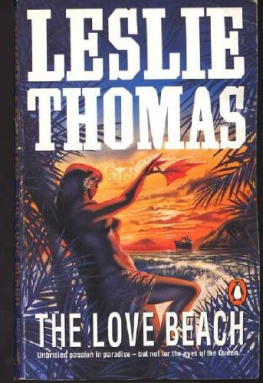
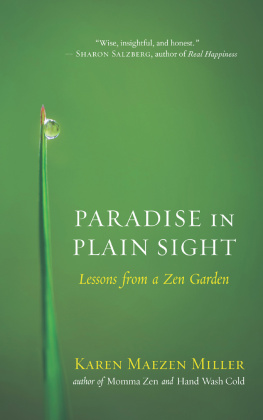

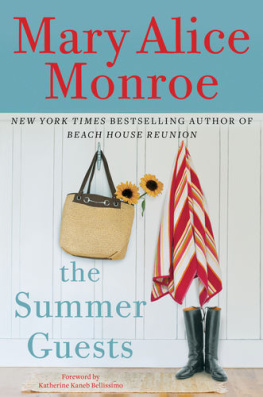
![Monroe - Beach house memories. [Bk. 2]](/uploads/posts/book/221230/thumbs/monroe-beach-house-memories-bk-2.jpg)
